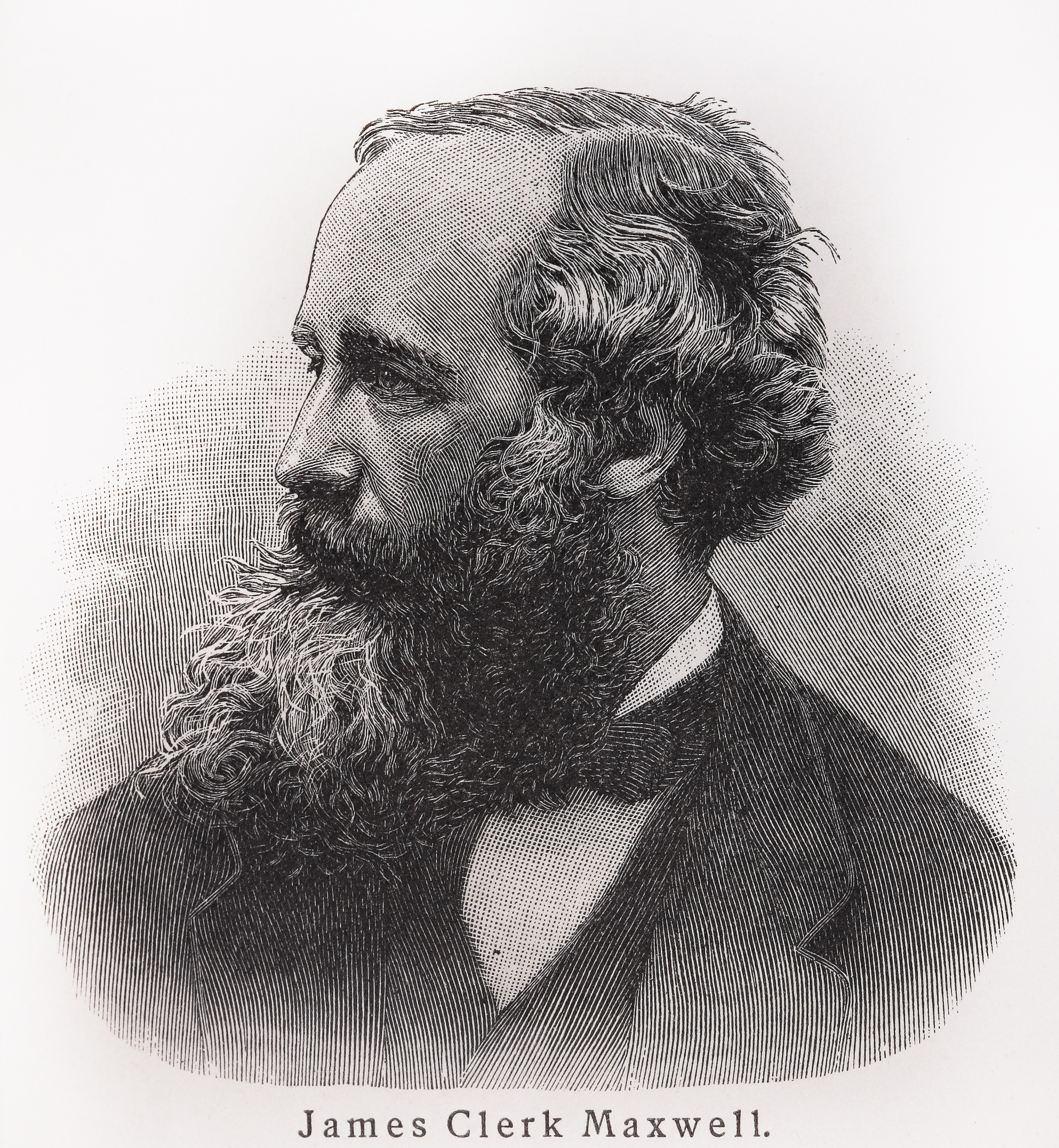Maxwell, James Clerk (1831-1879), a Scottish scientist, was one of the greatest mathematicians and physicists of the 1800’s. He is best known for his research on electricity and magnetism and for his kinetic molecular theory . This theory explains the properties of matter in terms of the behavior of its molecules. Maxwell also investigated color vision, elasticity, optics, Saturn’s rings, and thermodynamics, a branch of physics that deals with heat and work.

Maxwell based his work on electricity and magnetism on the discoveries of the English physicist Michael Faraday. In 1864, Maxwell combined his ideas with those of Faraday and certain other scientists and formed a mathematical theory that describes the relationship between electric and magnetic fields. Both these fields exert forces on electrically charged objects. Maxwell showed that waves in combined electric and magnetic fields, called electromagnetic waves, travel at the speed of light. In fact, Maxwell argued that light itself consists of electromagnetic waves. In the late 1880’s, the German physicist Heinrich R. Hertz conducted experiments that confirmed Maxwell’s theory. See Electromagnetic waves ; Faraday, Michael ; Hertz, Heinrich Rudolf
In his research on the kinetic molecular theory, Maxwell developed a statistical law that gives the distribution of velocities among molecules of a gas. He was the first scientist to use such a law to show how molecular behavior determines pressure, temperature, and other properties of a gas.
Maxwell was born in Edinburgh, Scotland, and studied at the University of Edinburgh. He graduated from Cambridge University in 1854 and taught there until 1856. He then became a professor of physics at Marischal College in Aberdeen, Scotland.
From 1860 to 1865, Maxwell taught physics at King’s College in London. In 1865, he retired to his family estate and devoted his time to scientific writing. In 1871, Maxwell became the first professor of experimental physics at Cambridge and director of the newly established Cavendish Laboratory there.
Maxwell edited many research papers by the English physicist Henry Cavendish. These papers described Cavendish’s discoveries about electricity. Maxwell’s most famous work was Treatise on Electricity and Magnetism (1873). The key ideas of this work are often considered the basis of such developments in modern physics as the theory of relativity and the quantum theory.
